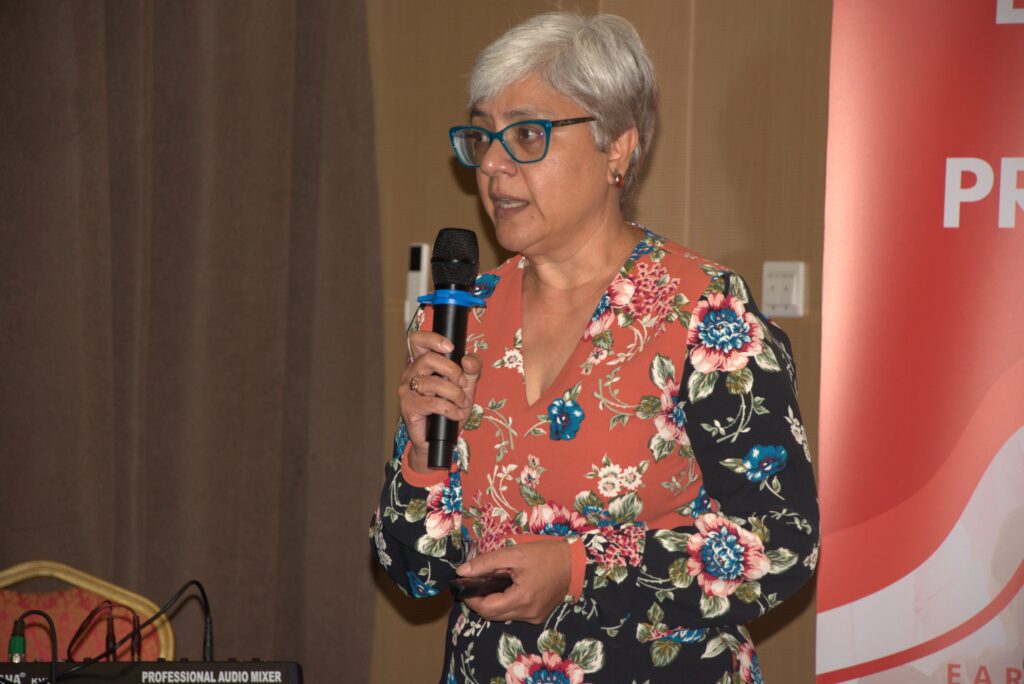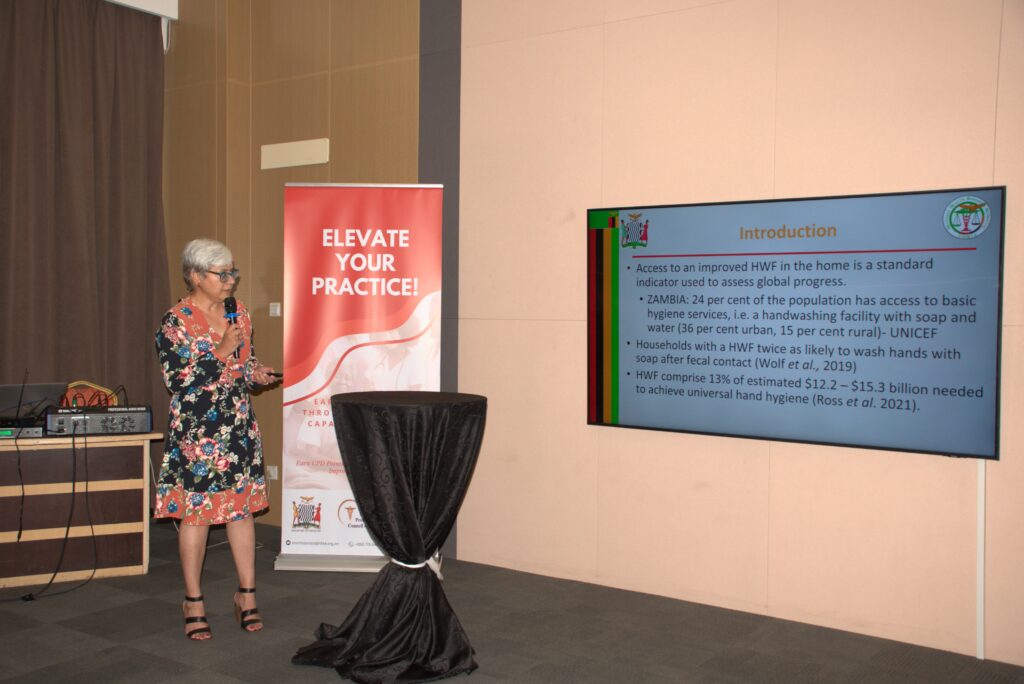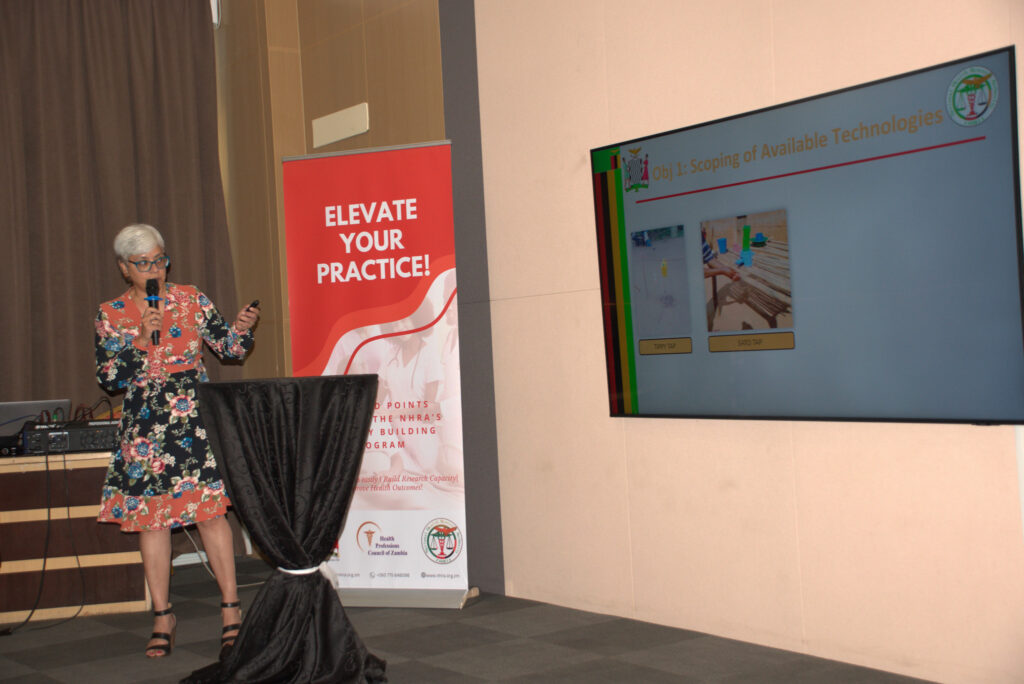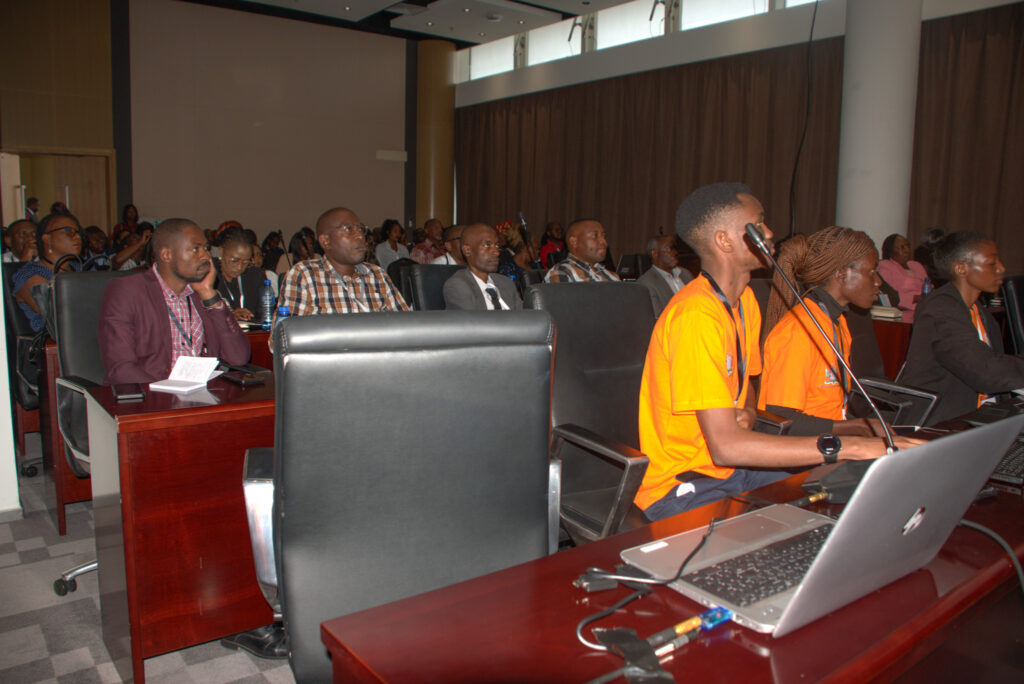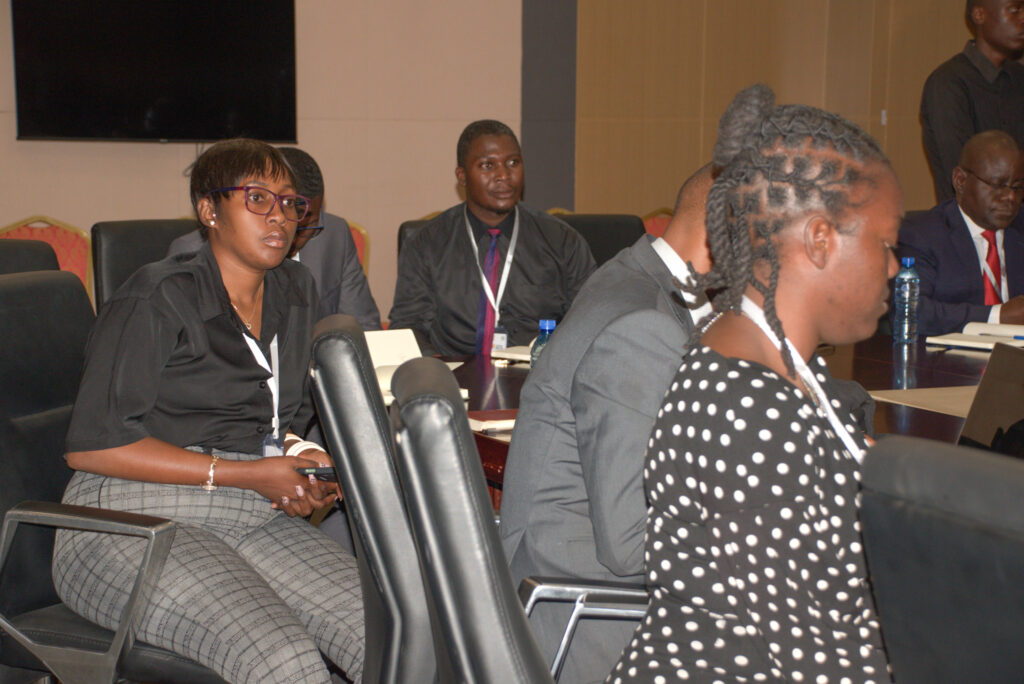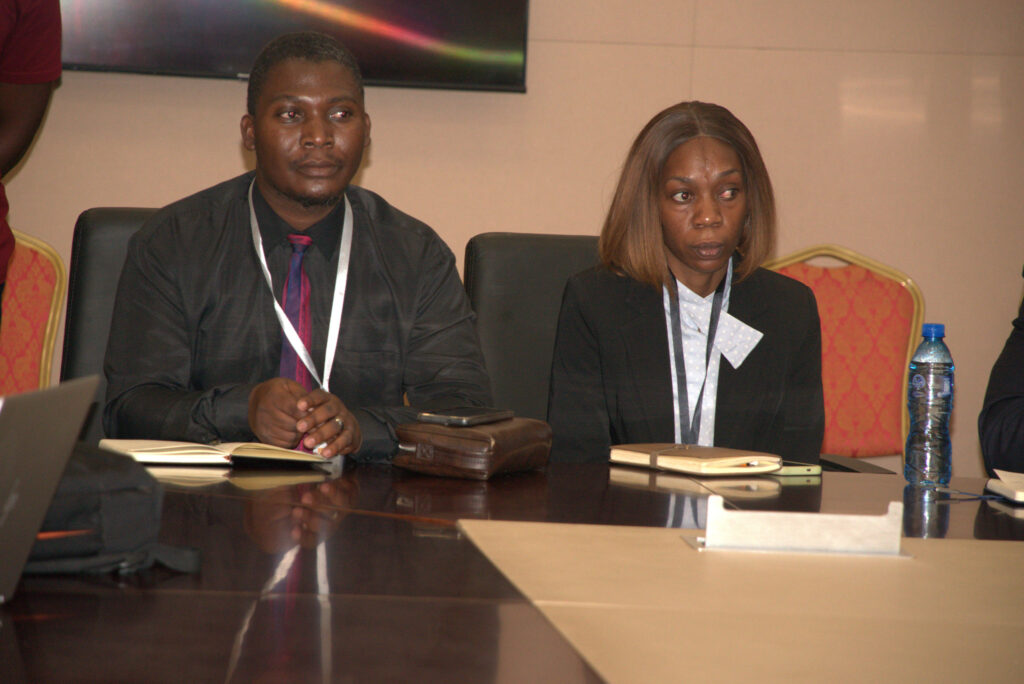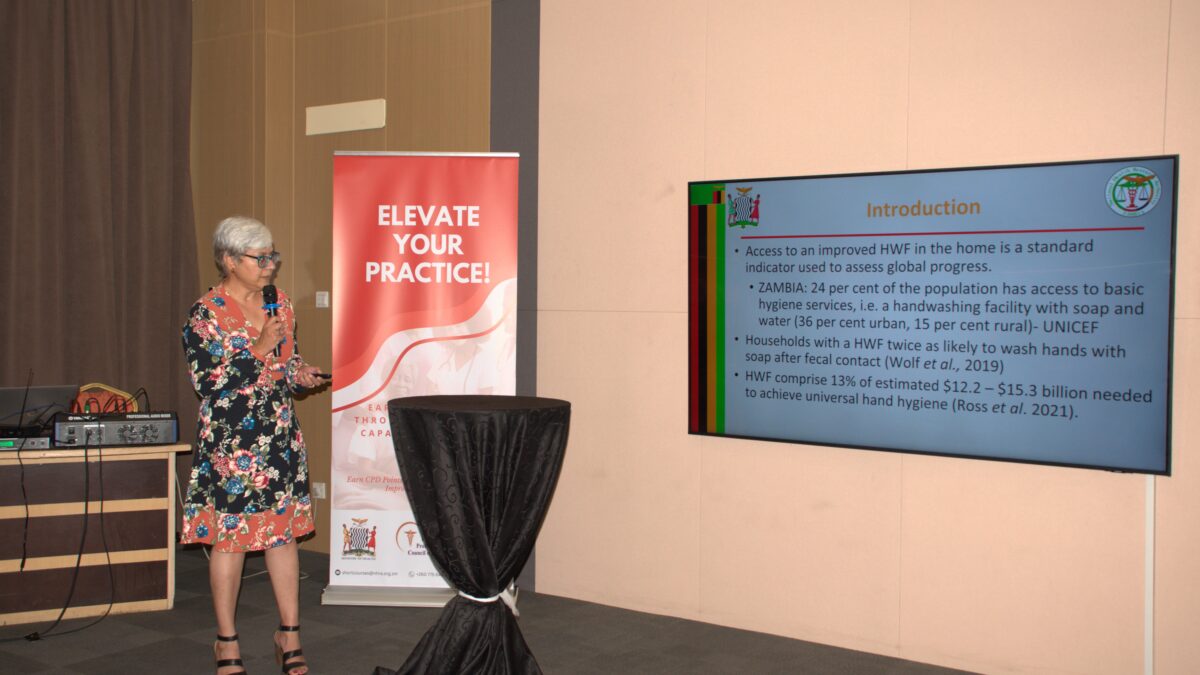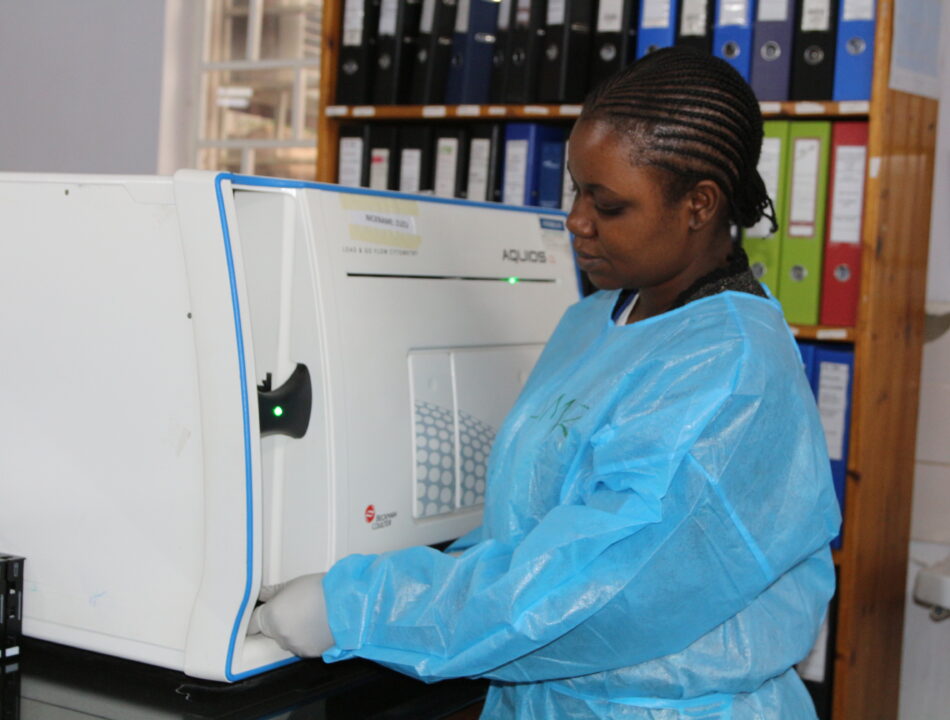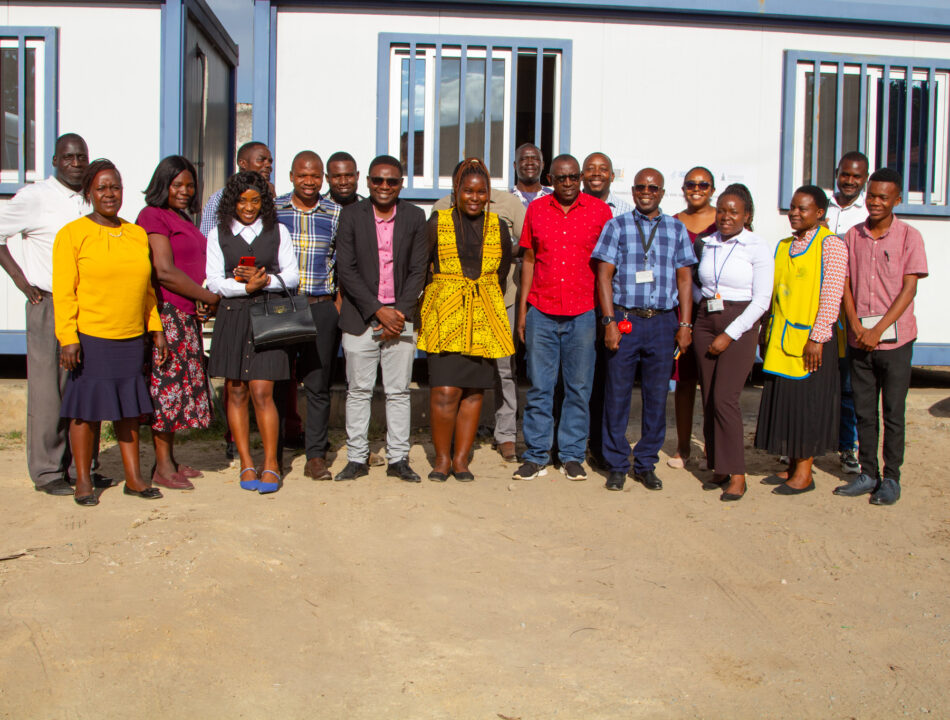Enhancing Accessibility and Effectiveness of Hand-Washing Technologies for Improved Public Health in Zambia

HCMV Infection Associated With Reduced Immunity in HIV-Exposed-Uninfected Infants: Insights from CIDRZ Research
October 28, 2024
USAID TBLON SUPPORTS THE ROLL-OUT OF A SHORTER TB TREATMENT REGIMEN TO RESOLVE THE PILL BURDEN
October 31, 2024The Centre for Infectious Disease Research in Zambia (CIDRZ) is proud to have participated in the 11th Zambia Health Research Conference, held under the theme “Sustainable and Resilient Health Systems: Accelerating Progress Towards Universal Health Coverage Amid Service Delivery Challenges, Emerging Diseases, and Pandemics.”
The conference, held from 15th to 17th October 2024, at Mulungushi International Conference Centre in Lusaka, provided public health experts a platform to share best practices and knowledge to strengthen public health systems in Zambia and the region.
CIDRZ was among the organisations presenting research findings on its ongoing work and achievements. Representing Dr Katayi Kazimbaya, Dr Anjali Sharma of CIDRZ shared insights on hand hygiene technologies during the Zambia Health Research Conference.
Her presentation titled Understanding End-User Preferences for Hand Hygiene Enabling Technologies in Urban and Peri-Urban Lusaka, highlighted key findings on preferred features for improved handwashing facility designs in local communities.
The study explored users’ preferred attributes and choices among various handwashing technologies to better understand which designs would be most effective in increasing handwashing practices in urban and peri-urban households.
The research identified eight handwashing technologies examined in the study including Tippy Tap, Kalingalinga Bucket, Sato Tap, Spa-tap, Jengu, Sanitap, Happy Tap, and Kohler Cleanse. These technologies were deemed potential solutions for enhancing hand hygiene in the study areas.
The results indicated that Happy Tap was most likely to be ranked first, followed by Jengu and Kalingalinga Bucket. However, when the price was considered, Kalingalinga ranked highest, followed by Tippy Tap and Sato Tap.
The study highlighted the urgent need for manufacturers to reduce production costs and make these handwashing facilities more accessible. It further recommended for more research on whether user preferences changed after longer use in household settings to refine designs and better meet user needs.
Additionally, the study called for exploring acceptable price points, particularly in low-income areas.
As Zambia strives to improve public health outcomes, this research offers crucial insights to inform policies and practices that will enhance hygiene and sanitation nationwide.
